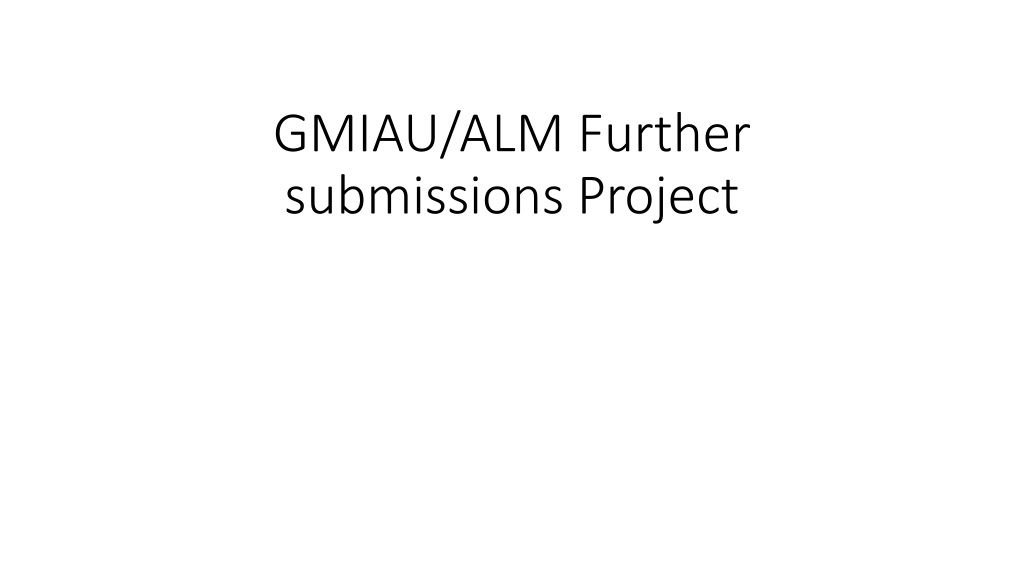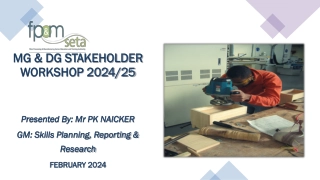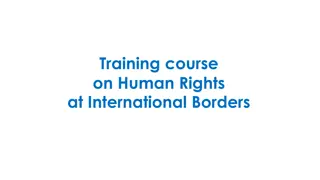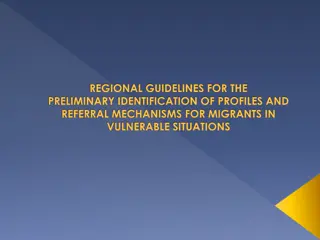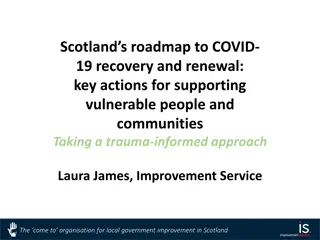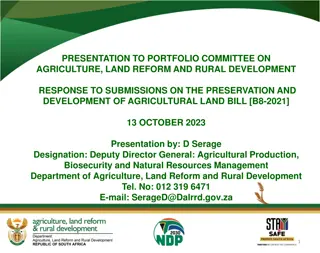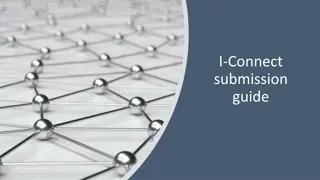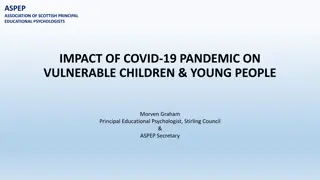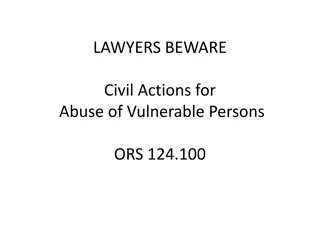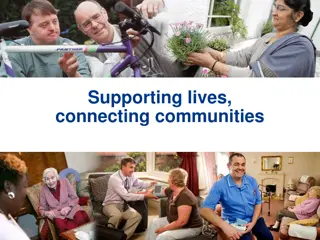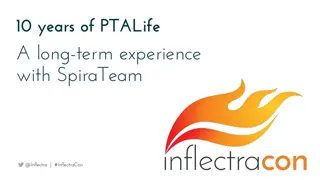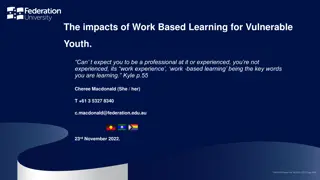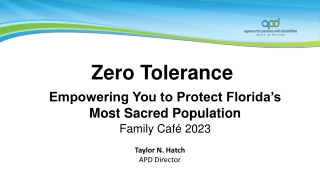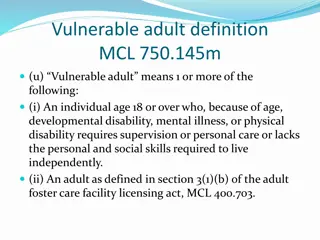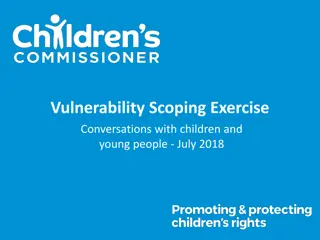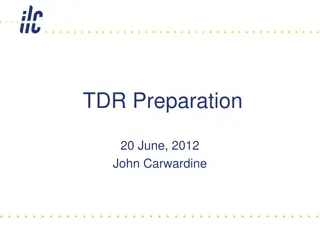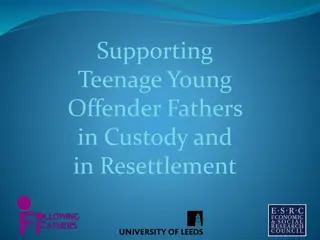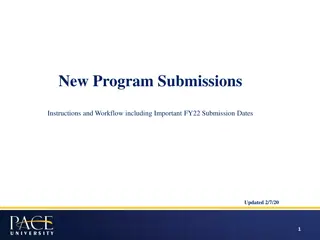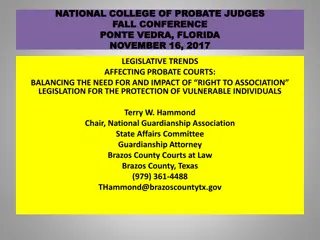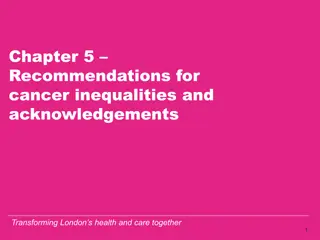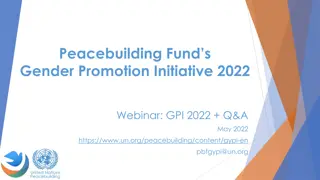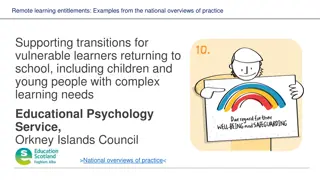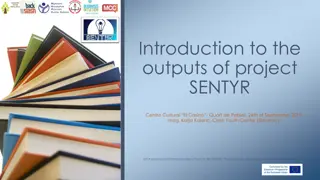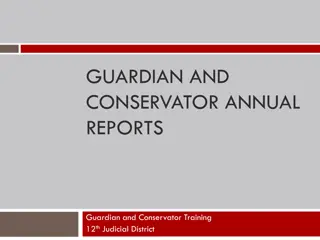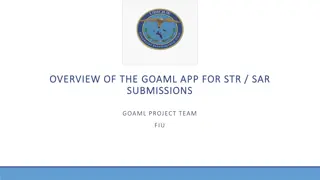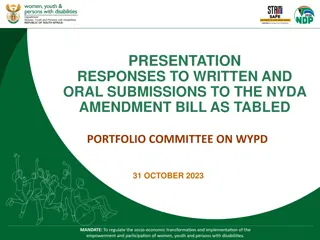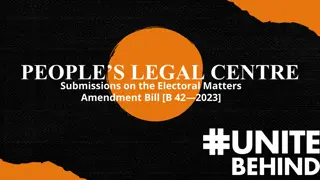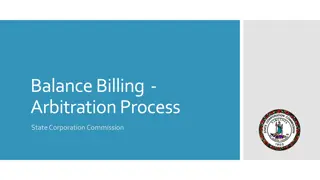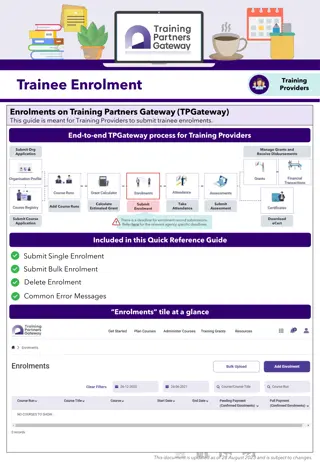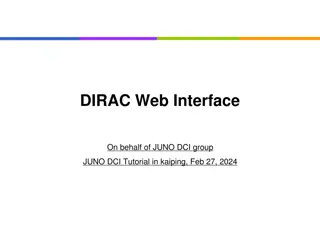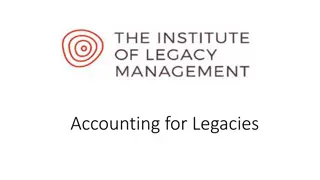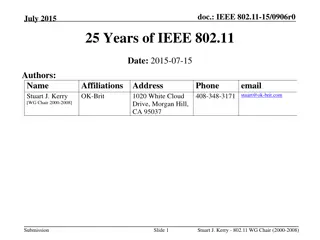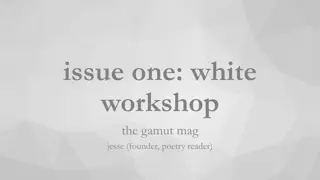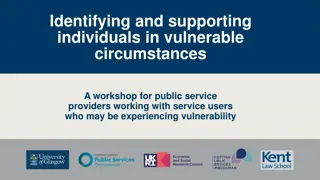GMIAU/ALM Further Submissions Project: A Case Study in Supporting Vulnerable Individuals
The project aims to address destitution by advocating for the right to stay in the UK for vulnerable individuals. Through legal support and access to resources, individuals have made further submission applications to the Home Office, securing accommodations and support. The cases reveal challenges in establishing fresh claims but also highlight successes in securing asylum or appeals for those in need. Key factors include the quality of evidence gathered, involving experts like psychologists and lay witnesses, to strengthen claims.
Download Presentation

Please find below an Image/Link to download the presentation.
The content on the website is provided AS IS for your information and personal use only. It may not be sold, licensed, or shared on other websites without obtaining consent from the author. Download presentation by click this link. If you encounter any issues during the download, it is possible that the publisher has removed the file from their server.
E N D
Presentation Transcript
GMIAU/ALM Further submissions Project
INTRODUCTION The underlying intention of the project recognized that ultimately destitution may only be relieved long term by the establishment of a right to stay in the UK. GMIAU solicitor funded 2 days a week based at ALM. Funding from Sam and Bella Sebba Charitable Trust Referrals from ALM staff and volunteers of those currently residing in ALM accommodation and persons deemed extremely vulnerable and some such persons in receipt of weekly food parcels from ALM
CASES AND OUTCOMES Over the period - April 2016 to present I have opened 43 files. Of those 43 files. 10 people have made further submission applications to the Home Office. All those who made further submission claims have remained in or secured statutory accommodation. All 10 further submission applications resulted in either the failure to establish a fresh claim or a refusal of asylum with a right of appeal In 1 of the 10 cases no challenge to the rejection of the further submissions was made
CASES AND OUTCOMES WHERE NO FRESH CLAIMS MADE There have been 33 cases (of the 43 opened) considered or under consideration. All cases have been investigated i.e. papers obtained and considered and advice given. 9 cases are still being investigated to see if strong further submissions can be made (6 cases awaiting expert evidence medical or country OR awaiting interview with supporting witnesses) 13 cases have been investigated and claimant given a written advice of potential evidence needed. 8 of these have secured alternate representatives with the advice given 7 cases were investigated and an advice given saying that there were unlikely any prospects of a successful asylum/human rights claim being made at that stage. (**reminder)
CASES AND OUTCOMES WHERE FRESH CLAIMS MADE Of those 10 applications 3 had s95 support (but extremely vulnerable) and 7 were either in ALM accommodation or with friends and in receipt of ALM food parcels 10 fresh claims made.6 people secured a right of appeal against rejection either directly (in 3 cases) or following judicial review/letter before action (3 cases). Of the 6 appeals 3 granted asylum and 3 awaiting hearing or decision of Tribunal 1 person awaiting reconsideration of submissions after PAP 1 person awaiting reply to PAP 1 person awaiting response to further submissions
Assessing cases generally The vital factor is always the quality of evidence that needs to be secured. Example: if lay witnesses are to give evidence - for example from UK based leader of a political organization then the witness has to be sought out and cross-examined by me (reliance on supportive letters generally does not work). Psychologists and psychiatrists need to be secured often pro bono and properly instructed
Assessment of cases Assessment of cases- -time involved. An example time involved. An example complex but typical: Pre complex but typical: Pre- -legal aid work legal aid work A case involved a woman who feared family abuse in Nigeria and whose claim for asylum had been rejected by the Home office and certified as clearly unfounded thus depriving her of a right of appeal. She had a UK born child. Reading the prior papers; taking detailed statement from claimant and witness brother; speaking with past psychiatrist who reported; speaking with mental health early intervention teams; speaking with counsellors; meeting and discussing case with child psychiatrist and securing report Drawing up further submissions Estimate 45 hours work
Issues What conclusions can be drawn? Is the time spent justified by the outcomes attained? Is the funder getting value for money? What consequences are there for those advised there is no possible challenge likely to be successful?
